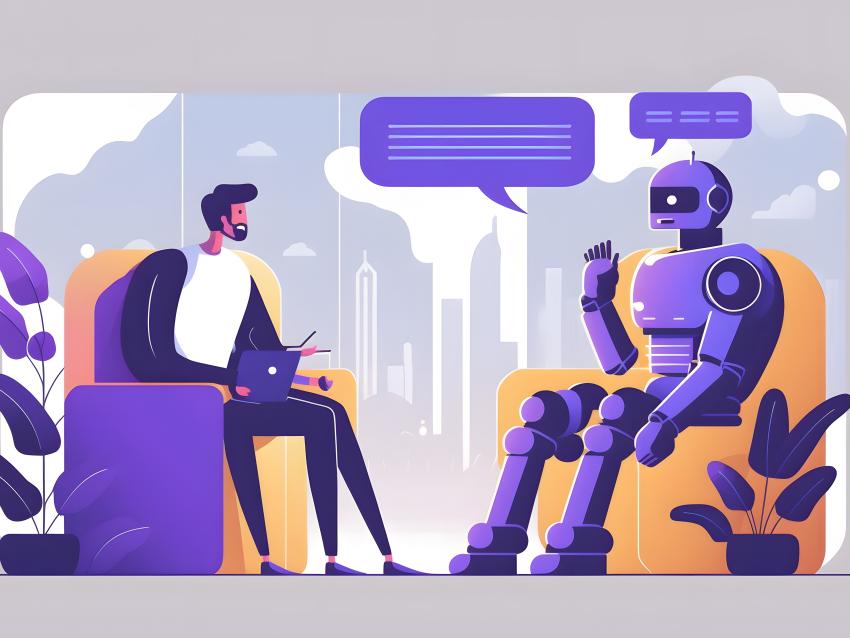
How to utilize AI and protect your personal information while job searching
With the mention of artificial intelligence today, we likely think about generative AI websites that draft documents, produce images or even suggest ways to talk about a difficult subject. But the first iteration of this technology emerged several decades ago.
The first algorithm developed for machine learning was written in 1952. The first chatbot, or talking computer, debuted in 1961.
Today AI has become an integral part of the technology we use regularly. As the University of Kentucky Information Technology Services (UK ITS) honors AI Appreciation Day, it’s a great time to learn more about the benefits of this technology and how to protect your data while using it.
UK’s Associate Director of Alumni Career Services Amy Gamblin works with members of the alumni association and guides them through career transitions and job search strategies. She encourages her clients to use sites like ChatGPT to help them brainstorm.
“You always want to use your own authentic voice,” Gamblin said. “Because we're recruiters, HR hiring professionals automatically know when someone's used ChatGPT for their resume.”
Job seekers can also use generative AI to ask questions about how their resume fits job descriptions.
“For example, when inputting someone's resume, how can I quantify or qualify more in this resume, and it gives you a lot of great ideas.” Gamblin said. “Or what is a better way to say this particular job duty?”
As with all generative AI, more detailed questions result in more specific answers.
“If I’m interviewing for this particular job area, what are the top 10 questions that I might be asked in that job interview and what are the best responses? And so, it really helps them again with that brainstorming activity that they can use for themselves to better prepare,” she said.
Although AI can save us time and help us with ideas, it is crucial to protect your personal information by keeping it out of these websites. This includes your name, address or any other identifying data.
“With AI tools, that all the different platforms out there, it takes a lot of this data that's just being inputted in these platforms and using it as a training [for] their language models,” Gamblin said. “So, if there's personal information out there, that can create discrimination, it can create biases, it can create maybe identity theft – we just don't know or aware of, and without our consent.”
But Gamblin is a proponent of AI and tells clients to use it to their advantage.
“Researching what's out there and also how you can effectively use AI tools to better yourself, whether it's a career development or other areas where you can learn skills, and don't be afraid of it, but just be cautious.”
For more tech tips, news and alerts, sign up for ITS newsletters and follow us on social media.
